Release: NIH data challenge seeks innovative methods for identifying complication risks in first-time pregnancies
The National Institutes of Health will award up to $400,000 to individuals or groups who design an effective method for analyzing a large data set of first-time pregnancies and identifying risk factors for adverse outcomes, such as hypertensive disorders, diabetes and infection. A total of $50,000 will be awarded to each of seven winners designing the most effective means to analyze the data. An additional $10,000 will be awarded to the top five winners whose methods identify risk factors in disadvantaged populations.


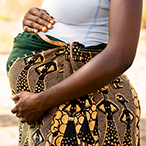
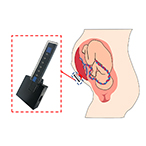




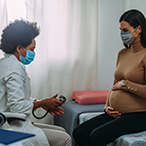
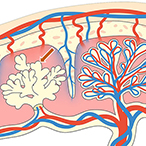
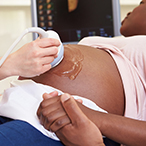
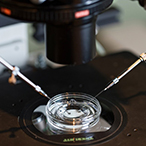


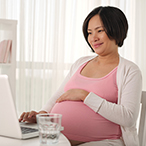

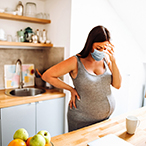
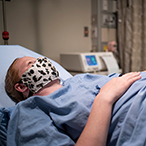

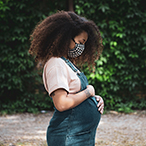
 BACK TO TOP
BACK TO TOP